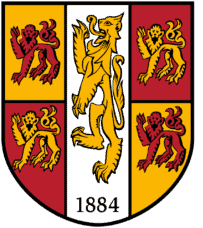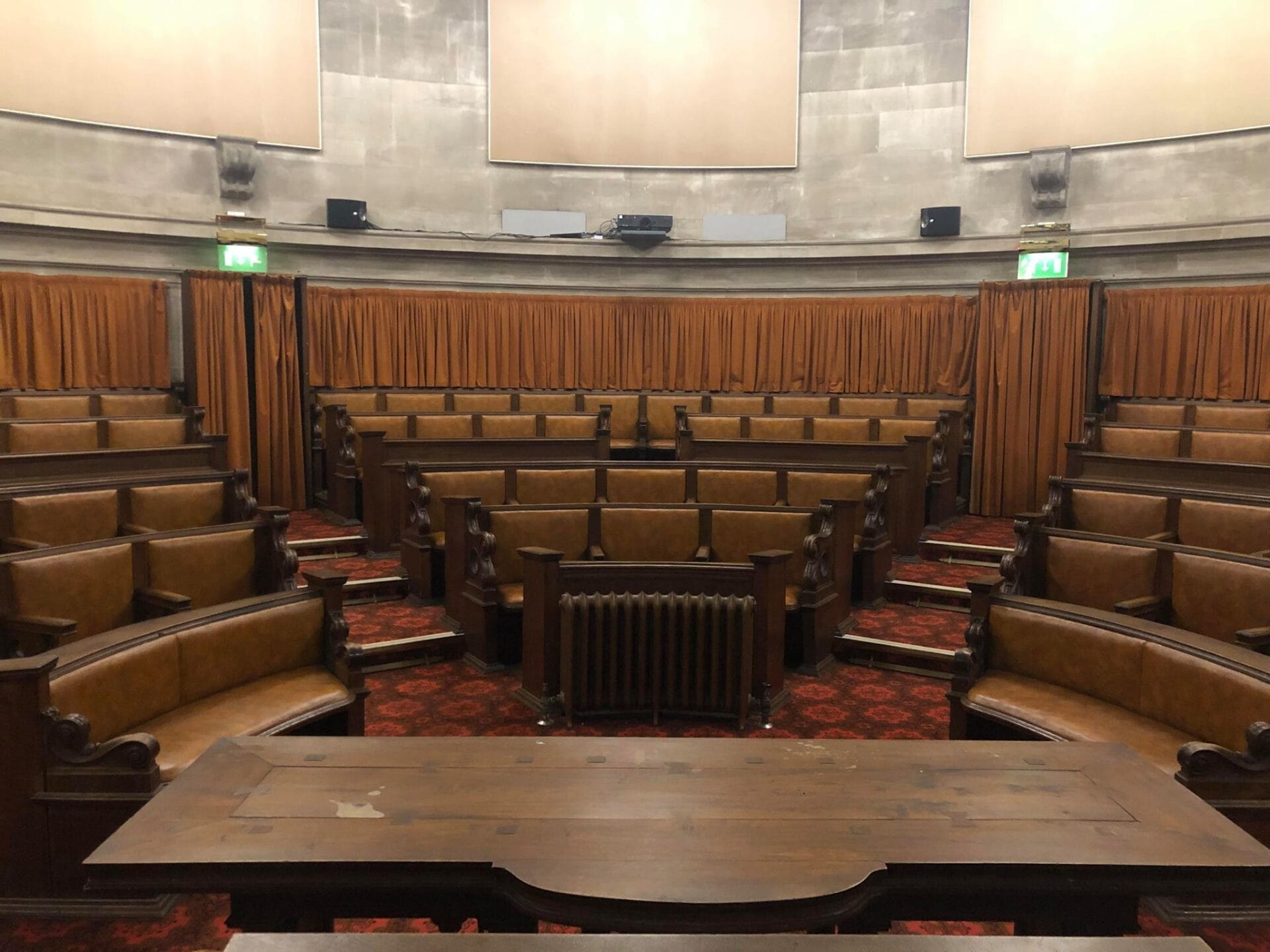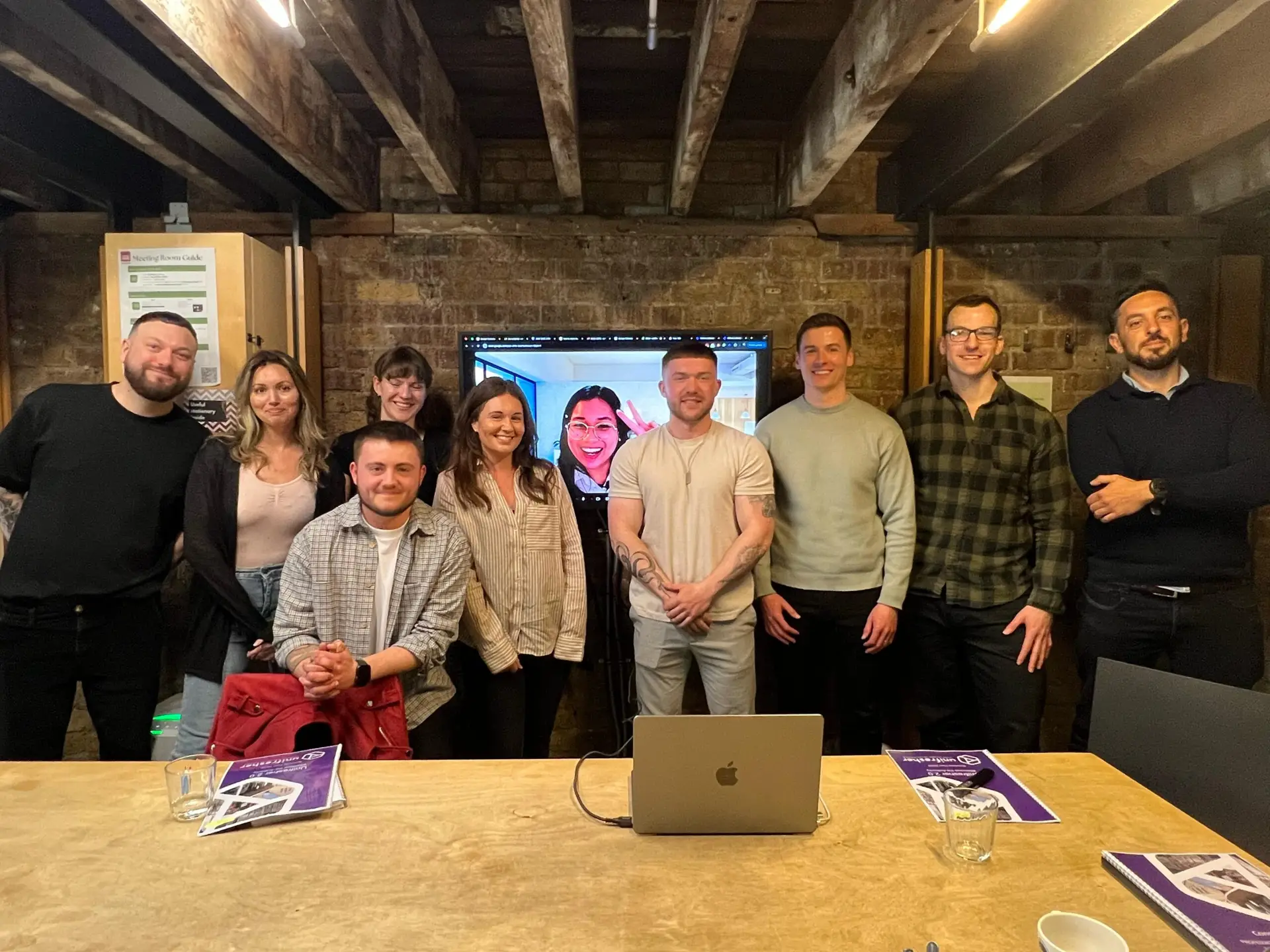
University life offers an opportunity to engage with politics, develop leadership skills, and build a network of like-minded individuals. Whether you aim to pursue a career in politics, develop a deeper understanding of governance, or simply enjoy debating policy issues, joining the right student society can be invaluable. This article explores the best types of student societies for those interested in politics, highlighting their benefits, activities, and how they can help shape your future political career.
Political party societies

Most universities host student branches of major political parties, such as the Conservative, Labour, Liberal Democrats, Green, or Republican and Democratic societies. These groups are an excellent way to immerse yourself in party politics, connect with established politicians, and gain hands-on campaign experience.
Typical Activities:
- Hosting guest speakers from the party.
- Organising campaign events and rallies.
- Engaging in policy discussions and debates.
- Attending national party conferences.
Debating societies

Debating societies are among the most popular political student groups, offering a platform for students to discuss current affairs, sharpen their public speaking skills, and engage in critical thinking. This helps to improve argumentation and persuasion skills as well as enhances public speaking confidence.
Typical Activities:
- Weekly debates on political and social issues.
- Competitive debating tournaments.
- Speaker events with politicians, journalists, and academics.
- Public speaking workshops and training sessions.
Model United Nations (MUN) societies

MUN societies simulate the workings of the United Nations, allowing students to represent different countries and debate global issues in a diplomatic setting. This is particularly valuable for those interested in international politics, diplomacy, and law. These provide hands-on experience in international diplomacy and enhances research and negotiation skills.
Typical Activities:
- Organising and participating in MUN conferences.
- Training sessions on diplomacy and international relations.
- Hosting guest lectures on global politics.
- Engaging in crisis simulations and policy drafting exercises.
Student government and political unions
Student governments, political unions, and campus councils allow students to engage directly in governance and policymaking at the university level. These bodies advocate for student interests and influence university policies. These offer real-world experience in governance and policymaking and opportunities to develop leadership and organisational skills.
Typical Activities:
- Representing students in university decision-making processes.
- Organising student elections and campaigns.
- Lobbying for student rights and welfare policies.
- Hosting forums and town hall meetings.
Human rights and advocacy societies

For students passionate about social justice, human rights societies provide a platform to engage in activism, raise awareness, and campaign for change on critical human rights issues. This allows for hands-on activism and campaign experience.
Typical Activities:
- Organising awareness campaigns and fundraising events.
- Hosting discussions and panels on human rights issues.
- Writing policy papers and advocacy reports.
- Engaging in direct activism and protests.
Think tanks and policy research societies
Think tank societies focus on policy research and analysis, providing an academic environment for students interested in formulating solutions to political and economic issues. This enhances research and analytical skills and provides exposure to policy formulation processes.
Typical Activities:
- Writing and publishing policy research papers.
- Hosting expert panels and policy discussions.
- Conducting surveys and data analysis on political issues.
- Organising policy simulation workshops.
International relations and diplomatic societies
International relations societies provide a space for students interested in foreign policy, global affairs, and diplomacy. These societies often collaborate with embassies, international organisations, and global leaders. This offers insight into global governance and international politics.
Typical Activities:
- Hosting diplomatic briefings and ambassadorial talks.
- Organising international study trips.
- Simulating diplomatic negotiations.
- Engaging in discussions on foreign policy issues.
Law and constitutional societies
For students interested in the legal aspects of politics, law societies provide a deep dive into constitutional law, legislative processes, and legal debates. This give exposure to legal and constitutional frameworks and development of critical thinking and legal reasoning skills.
Typical Activities:
- Organising mock trials and moot court competitions.
- Hosting guest lectures by lawyers and judges.
- Analysing landmark court cases and legal policies.
- Engaging in legal research and policy advocacy.
Media and political journalism societies
For those interested in political journalism and media, these societies offer opportunities to engage in investigative reporting, political commentary, and media production. It gives hands-on experience in journalism and media production and helps with the development of critical writing and reporting skills.
Typical Activities:
- Publishing political articles and opinion pieces.
- Producing podcasts, videos, and blogs on political topics.
- Organising media training workshops.
- Hosting discussions with political journalists and commentators.
Joining a student society focused on politics can be an enriching and career-enhancing experience. Whether you’re interested in party politics, debating, diplomacy, policymaking, activism, or political journalism, there’s a society to suit your interests. These groups not only provide knowledge and networking opportunities but also help develop essential skills that will benefit you in any political or related career. Engaging with these societies can open doors to internships, mentorships, and career paths that shape the future leaders of tomorrow. So, if you’re passionate about politics, find the right society and get involved! See here for our tips on how to get involved with student politics.
Authors
-
I'm a BA English Literature student at Chester University! I enjoy writing a mix of poetry, short fiction, and journalism– I'm a featured poet in a handful of anthologies.
View all posts
-
Aminah is a dedicated content expert and writer at Unifresher, bringing a unique blend of creativity and precision to her work. Her passion for crafting engaging content is complemented by a love for travelling, cooking, and exploring languages. With years spent living in cultural hubs like Barcelona, Sicily, and Rome, Aminah has gained a wealth of experiences that enrich her perspective. Now based back in her hometown of Manchester, she continues to immerse herself in the city's vibrant atmosphere. An enthusiastic Manchester United supporter, Aminah also enjoys delving into psychology and true crime in her spare time.
View all posts





